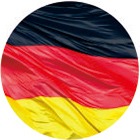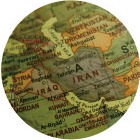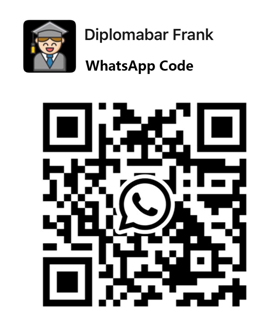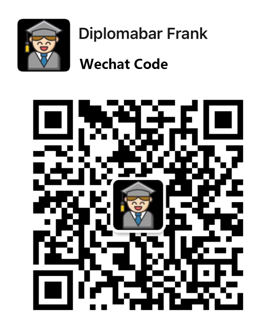
Buy fake HSK Transcript, Buy fake Hanyu Shuiping Kaoshi certificate, Buy fake HSK certificate, The Hanyu Shuiping Kaoshi (HSK; Chinese: 汉语水平考试; pinyin: Hànyǔ Shuǐpíng Kǎoshì), translated as the Chinese Proficiency Test, is the standardized test of Standard Chinese (a type of Mandarin Chinese) language proficiency of Mainland China for non-native speakers such as foreign students and overseas Chinese. The test is administered by Hanban, an agency of the Ministry of Education of the People’s Republic of China.
The test cannot be taken in Taiwan, where only Taiwan’s TOCFL exam can be taken. In turn, the TOCFL exam is not available in Mainland China.
How can I get HSK certificate?
In 2020, an internal Chinese academic paper discussed that the Chinese Proficiency Standards would undergo a change: a hybrid paradigm of “Three Stages and Nine Levels” characterized by all-in-one integration. The Ministry of Education of the People’s Republic of China announced further details regarding HSK 3.0 on April 1, 2021. Among the information shared was a wordlist for each individual stage, and a date for the introduction of the new test—July 1, 2021. As of April 2022, no HSK 3.0 tests have been rolled out and only a single preparation book for the basic levels has been published, additionally, the HSK 2.0 test format is still in use. An update on the official HSK website suggests, that the April 2021 date only signified the start date for the conception of the new HSK 3.0. New practice materials for the intermediate and advanced levels are expected to be released in the third or fourth quarter of 2022.
The new test is meant to follow the latest research in the field of language studies and testing. The basic levels (roughly corresponding to CEFR A1/A2) should test from 500 to 2245 words, the intermediate levels (roughly corresponding to CEFR B1/B2) from 3245 to 5456 words, and the advanced levels (roughly corresponding to CEFR C1/C2) from about 6000 to 11000 words.
The intermediate levels should test the ability to understand slightly modified authentic materials or authentic materials written/spoken in a clear manner and intended for educated mother tongue speakers: materials concerning everyday topics, simple articles, simple commentaries, and critiques found in newspapers and magazines.
The advanced levels should test the ability to understand longer, more complicated, and abstract materials: extracts from authentic sources such as textbooks for Chinese university students, Chinese magazines and essays, extracts from modern Chinese literature, interviews, and extracts from Chinese media. Moreover, Classical Chinese expressions and grammatical structures used in modern formal Chinese should be included too.
















